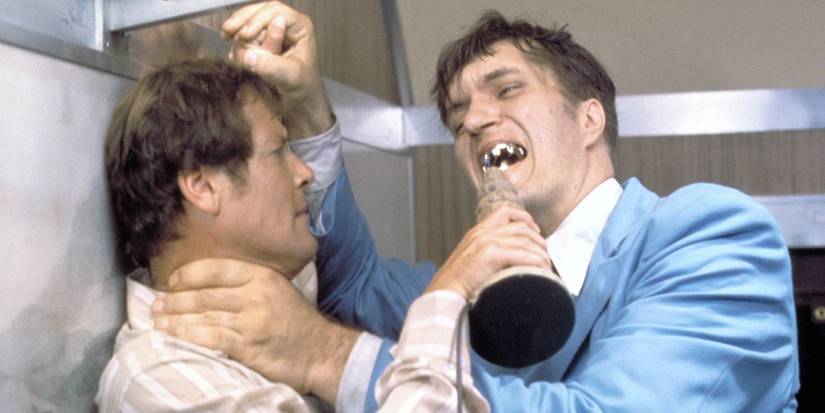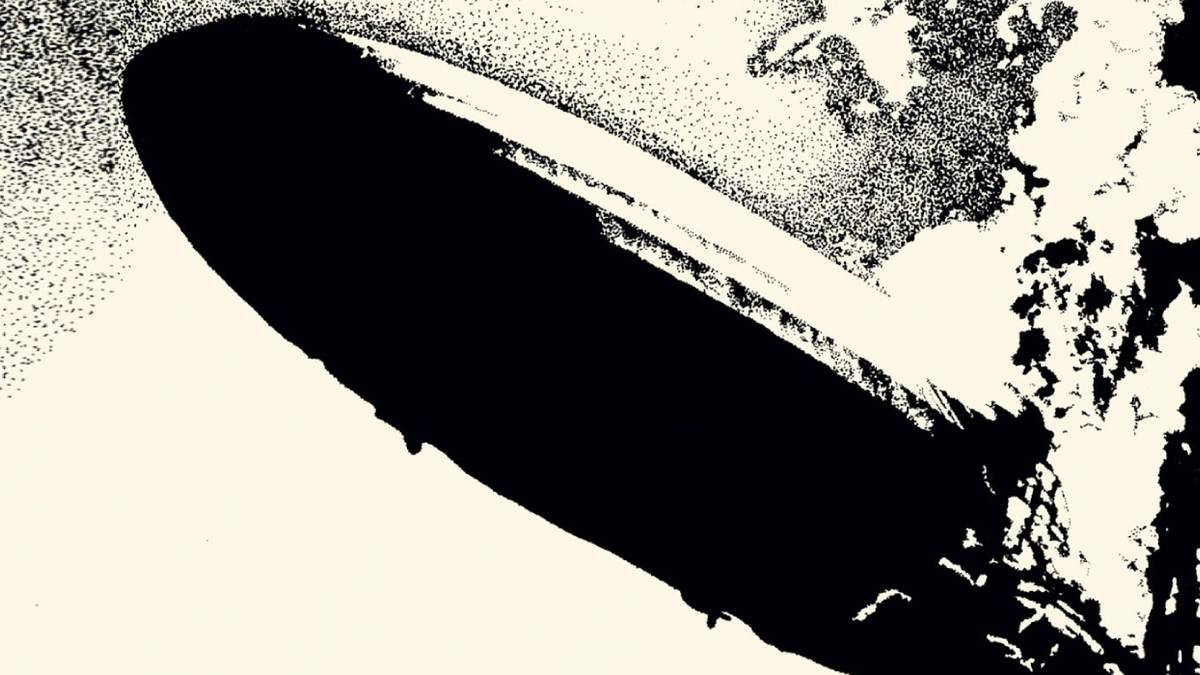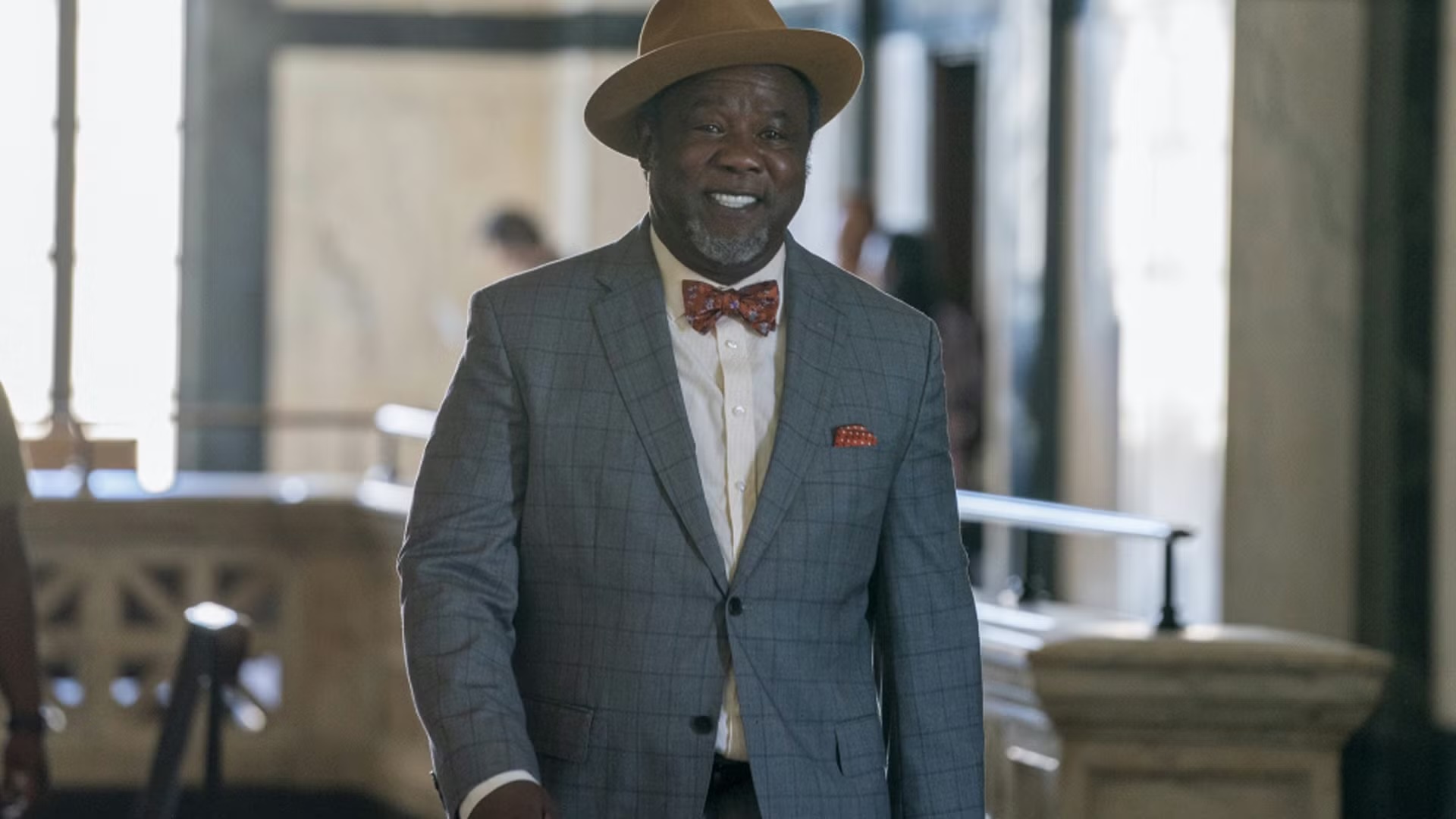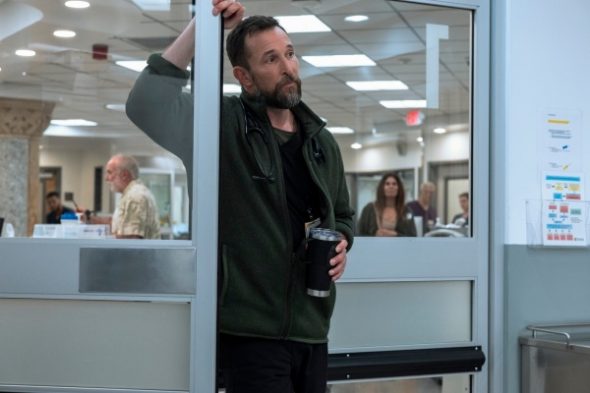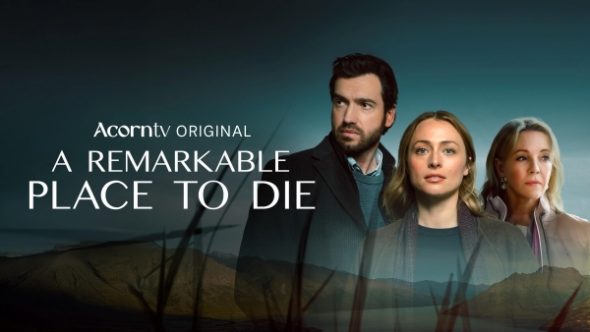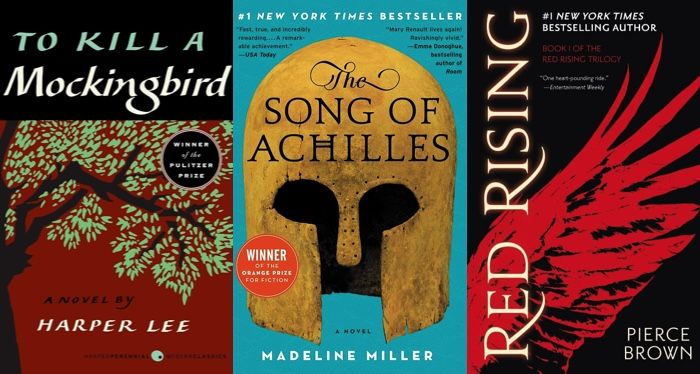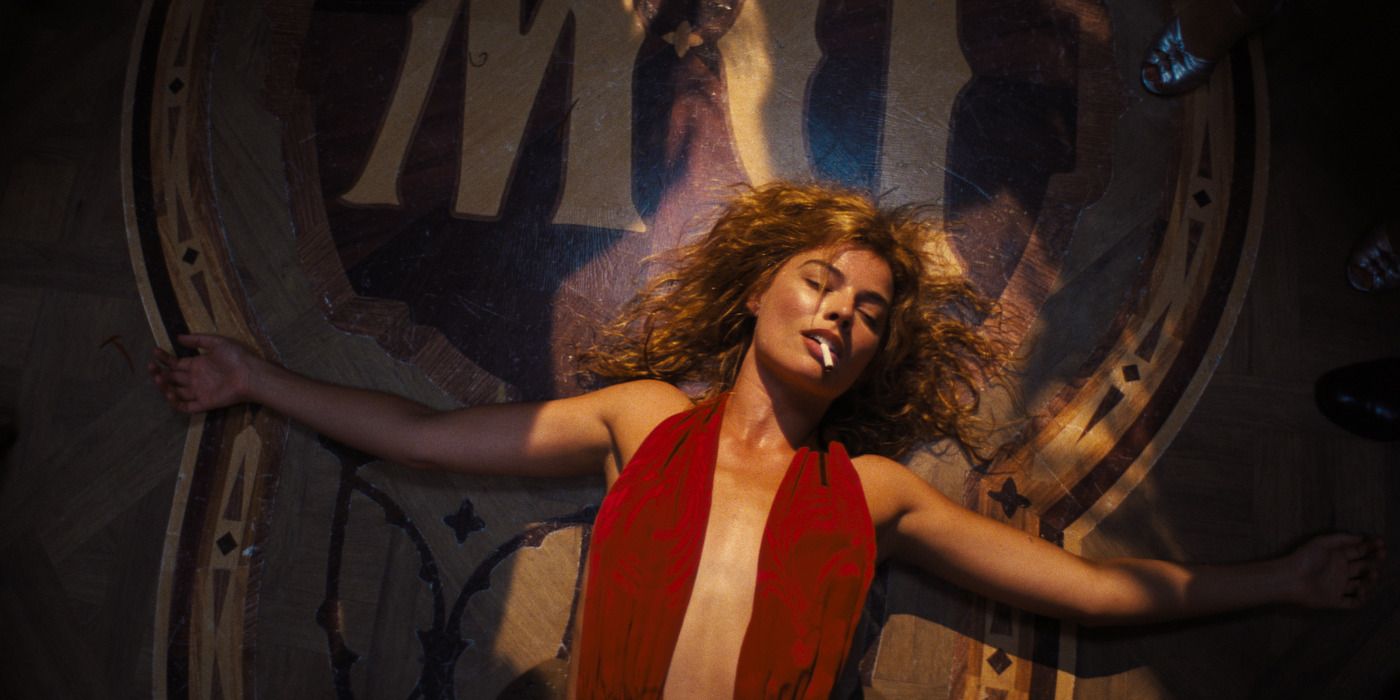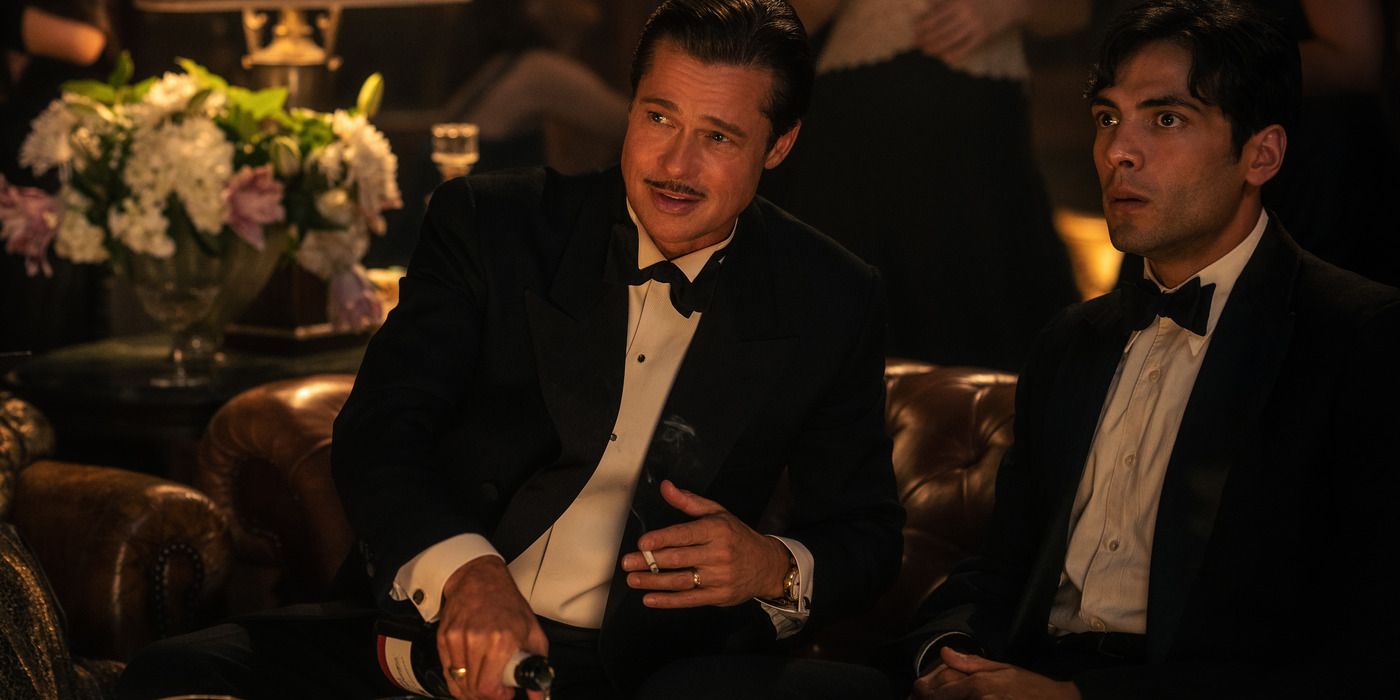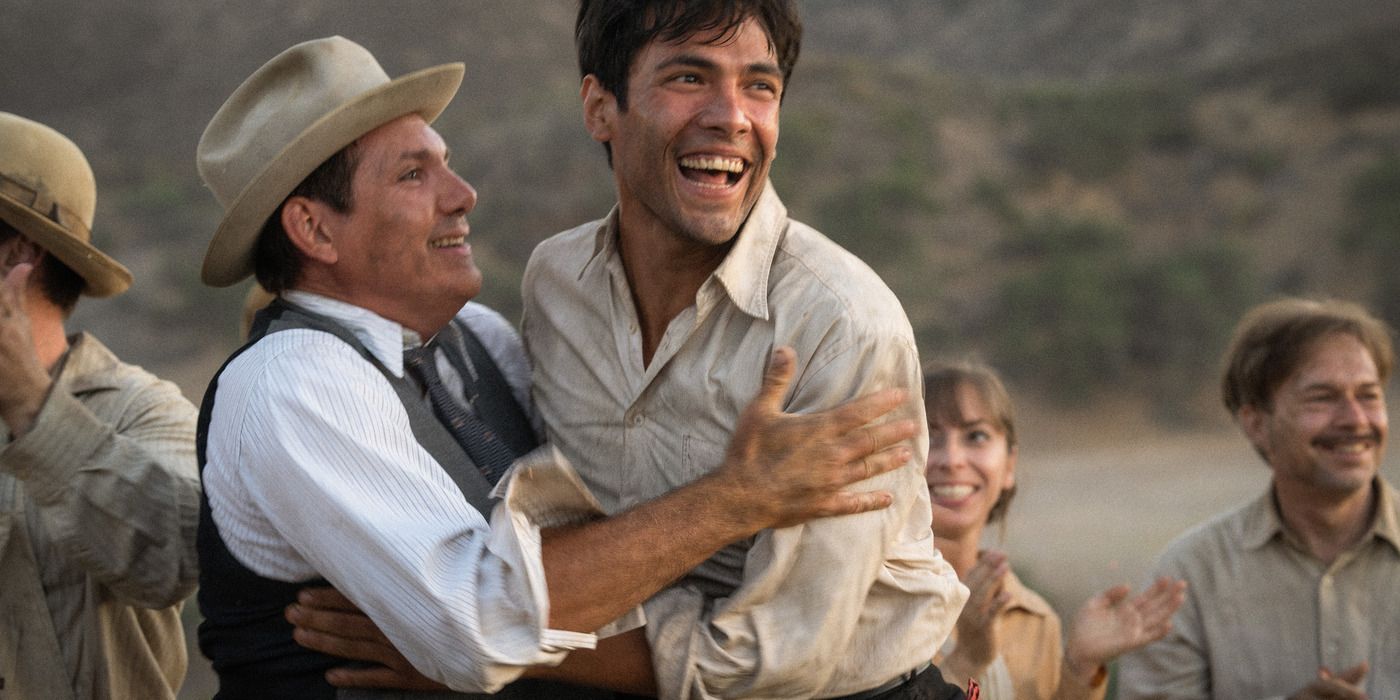[ad_1]
Damien Chazelle always likes to start his movies with a bang, whether through an intense drum solo in Whiplash, a Jacques Demy-inspired dance number in La La Land, or a harrowing plane crash piloted by Neil Armstrong in his last film, First Man. But his newest film, Babylon, puts all these explosive openings to shame. Within the opening of Babylon, there are rooms entirely dedicated to the storage of any type of drugs imaginable, naked bodies writhing around a raucous party, a man getting absolutely covered in elephant shit coming straight from the source, and a sexual encounter that includes a pile of cocaine and piss. And that’s just the first five minutes.
With Babylon, an over-the-top story of old Hollywood and the shift from silent films to talkies, Chazelle has created an orgy—both literal and metaphorical—of madness that can’t help but remind of the wild adventures of The Wolf of Wall Street and Boogie Nights. Chazelle’s three-hours-and-change epic is frequently ridiculous, manic, and constantly heightened in a way that certainly isn’t period accurate. Yet Chazelle’s absurdist take on this integral period in film history is less about the details and more about going along for this ride, excess to the extreme that leads to one of the best and most singular experiences in film all year.
But inside this party atmosphere is primarily the story of three players and their love of film. Nellie LaRoy (Margot Robbie) is an aspiring actress who just happens to be at the right place (this insane party) at the right time and gets cast in a movie. At the party, she meets Manny Torres (Diego Calva), a Mexican-American who also longs to be in the movies, and after showing some initiative at the party becomes the assistant to Jack Conrad (Brad Pitt), a silent film star. Among the insanity is also the entertainment journalist Elinor St. John (Jean Smart), the jazz trumpeter Sidney Palmer (Jovan Adepo), and Lady Fay Zhu (Li Jun Li), who writes the words on the cue cards and tends to have more sense than anyone else in Hollywood.
While there’s certainly some historical basis around Babylon, as the transition to sound pictures did shake up film in a major way, and we do meet characters that existed in Hollywood at the time—such as Max Minghella as Irving Thalberg or Samara Weaving as Colleen Moore, hilarious cast as a rival to Robbie’s Nellie—this is all just a way for Chazelle to have fun in this playground. For example, Chazelle shows Nellie and Manny’s first day on set as a frenzy of activity, drugs, sex, and death, where multiple films shoot mere feet from each other and everyone is racing to finish their projects before the sun sets. It’s truly the Wild West, an untamed land ready for expansion. But again, within the lunacy and barely controlled chaos, Chazelle—who also wrote the script—shows just how exciting this time must’ve been, and how beautiful and improvisation the experience of this type of filmmaking could be. When the sun sets at just the right time, or an unexpected moment of beauty that couldn’t be planned occurs, or a performance that comes along and knocks you off your feet, it’s easy to see the magic inherent in early filmmaking.
Chazelle has just as much fun showing the rigidity of filming with sound and the restrictions of the early days as everyone attempted to figure out this new technology. By showing the filming of just one scene, Chazelle makes it clear how one major advance in the form could upend lives, ruin careers, and completely alter what people wanted from a film. Chazelle is teaching us the broad strokes of film history, yet in a way that is outrageous and always entertaining.
This mayhem is enough to make Babylon work, but Chazelle has filled this story with characters that show the fragility of life in the spotlight, and how easily it is for people to move forward and leave certain stars behind. Robbie is excellent as Nellie LaRoy, whose star shines bright and fast, but then struggles with the public image of it all. When Robbie is on the screen, it’s impossible to take your eyes off her, even when she’s dancing in a packed mansion. But it’s that innate star power that makes this role so perfect for her. We especially see how great Robbie is when she’s on the set, giving us slight variations of the same scene, yet her ability to make each take different simply by her mannerisms and her choices in the scene. From the moment we see Nellie act, we know she’s a star, and we once again get another great role where Robbie can show how tremendous she can be.
Pitt is also wonderful in an understated role, as the star who is shaken by the shift to sound, worries about the next generation that’s coming up from behind, and the industry that might be leaving him in the dust. Even with the frequent substance abuse and tossing off of new wives, this is a quiet performance for Pitt, and it works best when he’s left to reckon with his legacy. In one scene late in the film, Jack Conrad and Elinor St. John discuss the status of his career, and a quiet “thank you” stated by Jack is utterly heartbreaking in the context of the scene.
Yet the true standout here is Calva, as we watch him rise in the ranks of Hollywood, and see just how this era was a land of opportunity for those ambitious enough. Calva is the glue that ties this whole story together, and his evolution throughout Babylon is fascinating, whether when he’s torn over his love for Nellie, or his realization of what the movie industry has cost him throughout the film. It’s a star-making role for Calva, and the best performance in a film packed with big names.
However, it’s Jovan Adepo and Li Jun Li who get discarded far too easily in this madcap story, as they get moments to show their greatness in their industry, yet the story itself spends far too little time on them. Maybe this is Chazelle’s commentary on how poorly non-white performers were treated in this era, or maybe it’s just that Chazelle’s interests lay more with his key three stars, but it’s a shame they don’t get more screen time. But Babylon is packed to the gills with incredible cameos as well, with Spike Jonze as an unhinged silent director, and Tobey Maguire’s psychotic appearance that might be the film’s most bonkers addition.
Like all of Chazelle’s films, Babylon is gorgeously presented, with stunning cinematography from his frequent collaborator Linus Sandgren. Even though Babylon shows just how uncaring Hollywood at this time can be, it’s the soft moments of beauty scattered throughout that show why these people stayed put and didn’t give up their dreams. After the party that begins the film, Nellie and Manny leave as the sun rises, and the purple hue of the sky brings comfort that was lacking indoors. And when the magic hour hits, it’s almost as if a hush falls over the cast and crew, even when they’re not recording for sound. In Babylon, Hollywood can be a dark, callous place, but the beauty that punctuates the coldness almost makes it all worthwhile. Throw in Justin Hurtwitz’s stupendous and thumping score and it’s hard to not get lost in the magic of the movies too.
As with so many other films this year, Babylon is a celebration of the magic of film, yet it’s also a criticism of the industry itself and the disposability of those in front of and behind the camera. No one gets out of the spotlight unscathed. But even though the people who made these images might fade away, their memories will last forever on celluloid. That’s the give and take of the movies: the movies will take all they can, yet the legacy is unceasing. But Chazelle isn’t content with just focusing on the beauty of movies from this time, he also in one outstanding montage near the end, presents the entirety of cinema history, the shifts in its eras, and the power of the moving image over the course of a little over a century. Again, Chazelle shows us just ow powerful these films are, and while the creators of these films are little more than ghosts, the images they left behind are eternal.
Babylon is certainly self-indulgent and excessive, almost as if Chazelle is trying to show after some fairly restrained work that he can let loose and go nuts, but that indulgence into the hysteria works beautifully as Chazelle explores the history of film, the loneliness of stardom, and how the movies can make us feel less alone. For a film that is largely about the craziness of the movie industry, Babylon has a very real emotional core at the center of his film that delves into the humanity, loves and pains beneath us all. Babylon is often pure mayhem, but it’s the beauty of life and film itself underneath that makes this one of the best movies about movies this year, and one of the best films of 2022.
Rating: A-
Babylon comes to theaters on December 23.
[ad_2]
Original Source Link




































